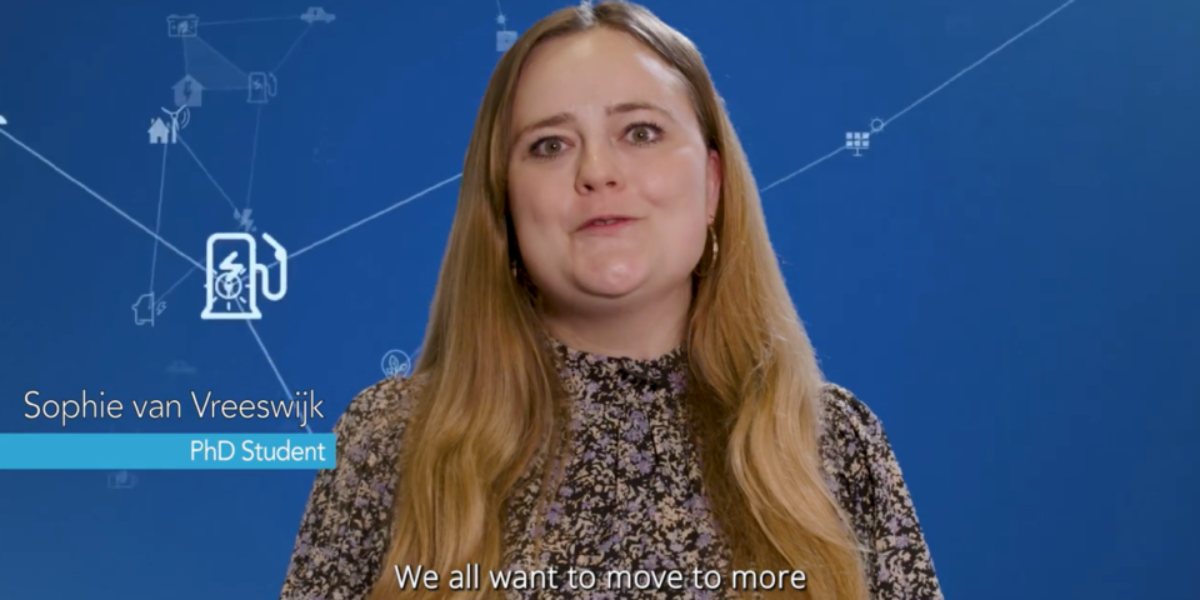25 October 2022

PhD candidate Sophie van Vreeswijk (UU) recently published her work in the Journal of the American Chemical Society. In collaboration with BASF, Sophie studies zeolites, a type of catalyst that can be used in reactions to make, for example, building blocks for chemicals from sustainable sources like methane. However, there are still many mysteries around zeolites that Sophie aims to resolve.
Catalysts are materials that speed up industrial chemical processes, to save energy, costs and materials. In making the transition to more sustainable industrial processes, it is crucial to adapt catalysts to new types that are fit for the new reactions that are necessary for this transition.
Zeolites are very porous structures, that are shaped like a network of tiny tunnels. These nanoscale tunnels act like a sieve, which makes them excellent in selectivity for certain chemical building blocks like olefins. The zeolite consists of silicon, aluminum and oxygen atoms, but the introduction of other metal atoms could be beneficial for its lifespan. Furthermore, the introduction of other metals could contribute to selectivity of the desired reaction product, making the catalyst more efficient.
Sophie studies how the addition of magnesium atoms in the zeolite improves the performance of the zeolite catalyst. Earlier studies showed promising expectations, but the actual addition of magnesium had not been studied extensively yet. Until now.
In her publication, Sophie explains the result of her study. She gave insight into fundamental aspects of adding magnesium to the zeolite, like how the magnesium atoms distribute over the zeolite after adding it, and how they relate to other components of the zeolite. She also found that the addition of magnesium indeed improves the life span of the catalyst, and improves the selectivity of reaction products. With this, we come a step closer to understanding how zeolite catalysts work, and how we can use them to make the transition towards a more sustainable and circular chemical industry.
On 30 November, Sophie’s PhD defense will take place. Moreover, Sophie made a pitch about her research! She explains what she is working on, and why it is so important: